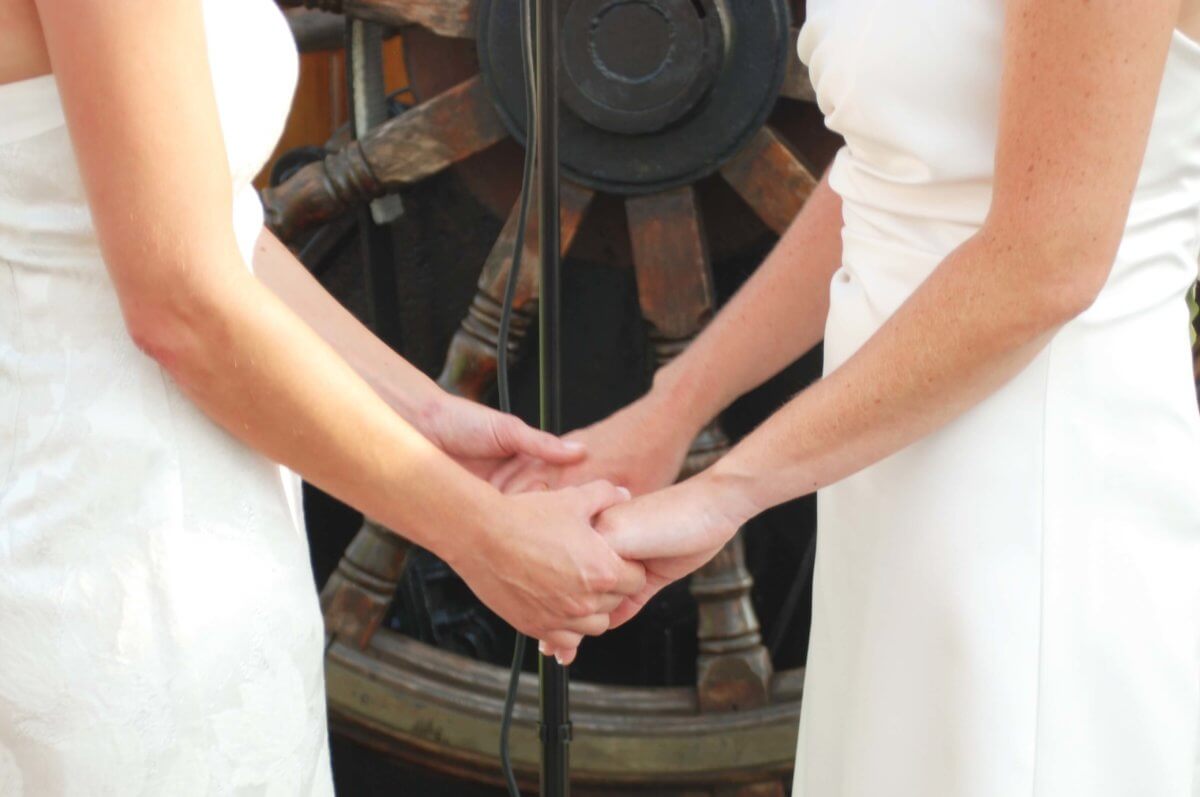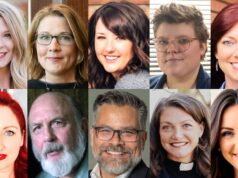(Editor’s note: The following commentary was submitted as a response to an attorney’s commentary that examined constitutionality concerns with SB 1140. That bill was amended in a House committee in a manner that functionally gutted its original intention. It passed the full House, as amended, Wednesday and will now return to the Senate for consideration of the House amendment.)
In a commentary last month, Don Holladay — an attorney who served as lead counsel in a federal lawsuit successfully challenging Oklahoma’s ban on same-sex marriage — criticized SB 1140, which would protect private child-placing agencies from participating in adoption and foster-care child placements that violate their “written or moral convictions or policies.” In his critique, Holladay posed four questions to be addressed by religious-freedom advocates. Taking up his challenge, let us take each of these questions seriously and in turn.
Religious beliefs do not invalidate contributions
First, Holladay asks why the religious views of an agency should be imposed on the state’s social services system? The answer is that they should not. But, this is a straw man, as the law does not require religious views to be imposed on the state. All that the proposed law does is to ensure that faith-based organizations can continue to operate as they always have done, in accordance with their sincerely held religious beliefs.
If SB 1140 were passed tomorrow, faith-based foster care and adoption agencies would simply continue to serve families and children the same way that they did yesterday. That, in the course of their service, they are inspired by or guided by sincerely held religious beliefs does not invalidate their worthwhile contributions to the good of Oklahomans. The Supreme Court has made clear, most recently in Trinity Lutheran, that the state may not discriminate against faith-based organizations, even in receiving a benefit from the state, simply on the basis of their religious beliefs.
SB 1140 ensures diverse pool of providers
Second, Holladay asks whether there is any state interest in allowing a faith-based organization to disqualify applicants based on a religious-belief test. This question misses the entire point of the legislation. The answer is no, the state has no interest in advancing a particular religious viewpoint, but this legislation does not advance a religious viewpoint. Rather, it simply allows faith-based organizations to contribute to the child welfare system as they have done in the state of Oklahoma for over a century.
While the state has no interest in the particular religious beliefs of faith-based organizations, it does have a strong interest in ensuring that a robust and diverse group of providers is available to serve the needs of vulnerable birth mothers, families and children. SB 1140 achieves this interest. It does not require any agency to adopt any new policies, to take any new action or to refrain from any action. There are no changes in the legal qualifications for who may foster or adopt a child, and any otherwise qualified person may still serve as a foster parent or adopt a child in the state of Oklahoma. SB 1140 simply maintains the status quo.
Exclusion of some adults does not hurt children
Third, Holladay asks whether a religious test serves the well-being of a child. Again, this question misses the point of the proposed law. Of course, any faith-based organization would affirm that its sincerely held religious beliefs are good for all people (including children), but, in the case of child welfare services, all agencies must perform their services with the best interests of a child in mind. The heart of Holladay’s argument is revealed here.
He cites amicus briefs filed in the same-sex marriage cases to support the claim that social science research conclusively demonstrates that children placed in same-sex homes fare just as well as those raised by opposite-sex parents. This debate (which, to be fair, is hardly as well-settled as Holladay suggests, because there is a substantial body of research demonstrating the opposite conclusion) is beside the point. Since it is not yet disputed that children do fare well in opposite-sex homes, then as long as faith-based agencies make placements in accord with the best interests of the child in all other respects (and there is no argument that they do not), then the well-being of children is being served.
Some agencies exclude prospective parents over a certain age. Some agencies exclude prospective parents if they conceive a child while waiting to be matched for an adoption. Nobody would argue that they are not serving the best interests of children by excluding some categories of adults. That faith-based agencies exclude some otherwise qualified adults does not mean that they are failing to serve the best interests of children. Child welfare is about what is in the best interest of the child — not about the desires of any particular group of adults.
Faith-based organizations simply seek to serve
RELATED
Lawyer: SB 1140 discriminates against gay couples by Don Holladay
Finally, Holladay asks, “Who is next in this unending drama of seeking to put narrow Christian beliefs into Oklahoma’s social services system?” If there is an unending drama, it is because there is an ideological campaign to drive all religious people and organizations from the child welfare system, depicting them as bigots. Faith-based organizations have been forced to shutter their child welfare services in Massachusetts, Illinois, California and Washington, D.C. To counter this tide, many states, wishing to preserve a rich diversity of providers despite genuine disagreement within our pluralistic society over same-sex marriage, have passed laws similar to SB 1140 to protect faith-based organizations. Faith-based organizations have served vulnerable children in Oklahoma longer than it has been a state. They do not have any new agenda. They do not seek special treatment. They do not impose their beliefs or practices on anyone. They simply seek to serve. SB 1140 allows them to continue to do this.
Let’s work side by side
We might ask Holladay this question: Why deprive children the chance of a qualified, loving forever-home by limiting the number of agencies seeking to help them? I urge Mr. Holladay and all those who care about the welfare of children, despite our different religious beliefs, to work side by side to combat the problems we all oppose: poverty, addiction and abuse.























